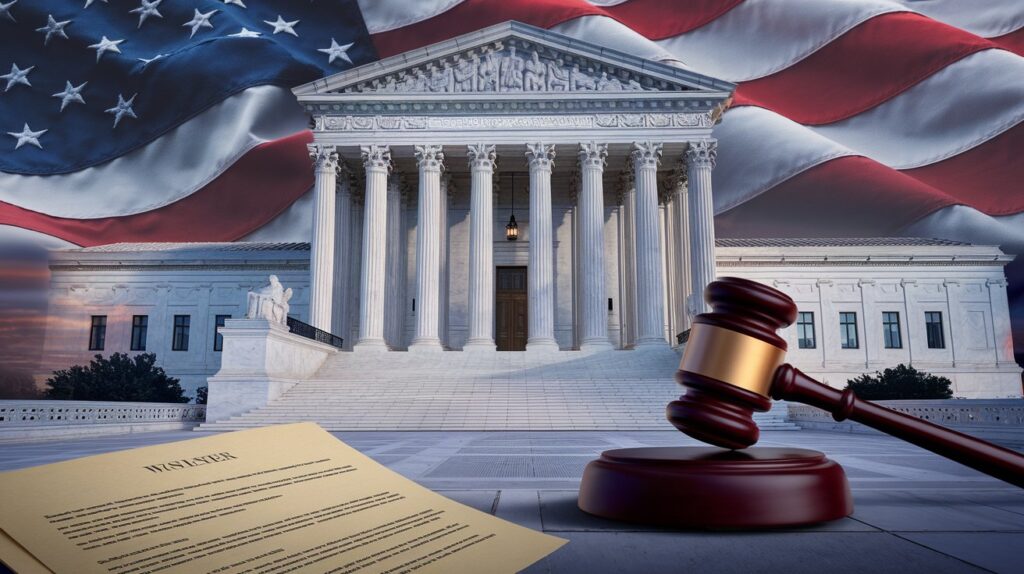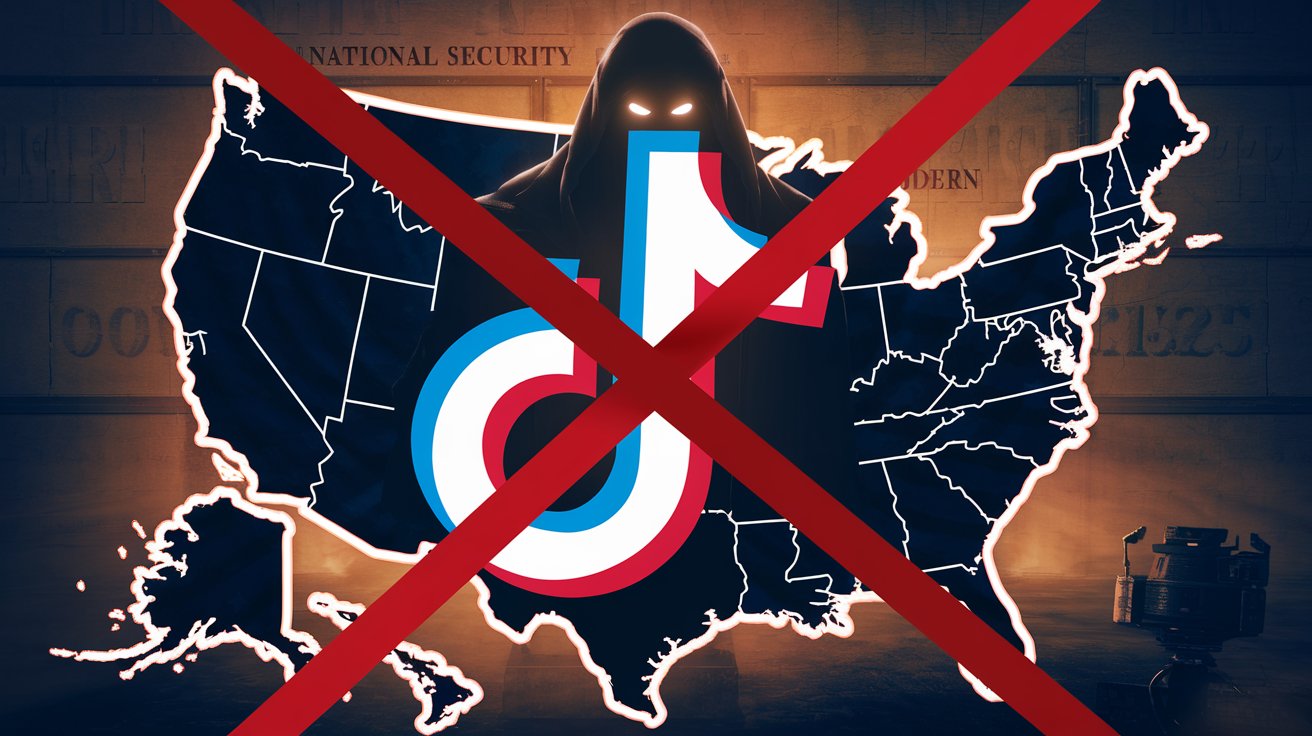Supreme Court Upholds Law Potentially Banning TikTok in the U.S.: The U.S. Supreme Court has upheld the Protecting Americans from Foreign Adversary Controlled Applications Act (PAFACA), a law that mandates the sale of TikTok by its Chinese parent company, ByteDance, by January 19, 2025, or face a nationwide ban. This decision underscores escalating national security concerns regarding foreign-controlled applications and their access to American user data.
National Security Concerns
The U.S. government has long expressed apprehension that TikTok’s extensive data collection could enable the Chinese government to engage in espionage or influence operations targeting American citizens. Chief Justice John Roberts emphasized the potential risks associated with ByteDance’s ties to China, suggesting that such connections could facilitate state-sponsored surveillance.

First Amendment Implications
TikTok’s legal team contended that PAFACA infringes upon First Amendment rights by suppressing the platform’s expressive content. However, the Supreme Court determined that the law targets corporate ownership rather than speech, aiming to mitigate national security threats without directly censoring user expression.
Impact on Users and Creators
With over 170 million users in the U.S., TikTok has become a vital platform for content creators and businesses. The impending ban has elicited significant concern among users who rely on the app for income and community engagement. Some creators have expressed distress over the potential loss of their primary platform for reaching audiences and generating revenue.
Next Steps for ByteDance
ByteDance now faces a critical decision: comply with the divestiture requirement or cease TikTok’s operations in the U.S. The company has previously indicated reluctance to sell its U.S. operations, citing the complexity of separating TikTok from its global business structure. Failure to divest could result in TikTok being removed from app stores and becoming inaccessible to new users, with existing services degrading over time.
Broader Implications
This ruling sets a precedent for how the U.S. may handle other foreign-owned applications perceived as security risks. It reflects a growing trend toward scrutinizing and regulating technology companies with foreign affiliations to safeguard national security interests. The decision also raises questions about the future of digital expression and the balance between security and freedom in the digital age. [USnewsSphere.com]





